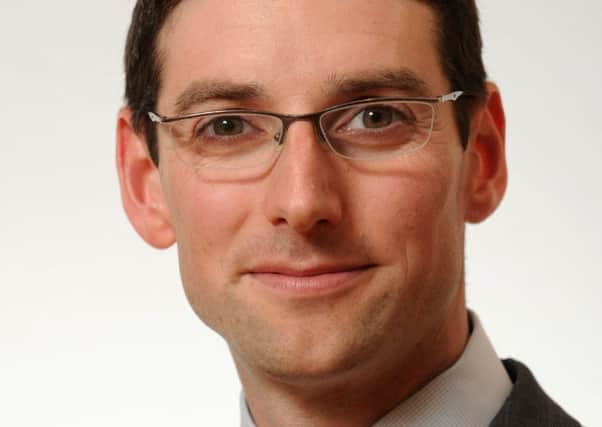Sebastian Burnside: Where next for the economy?


The monetary policy committee (MPC) believes the economy will slow over the coming quarters, despite having very little official data to go on, but probably not enough to actually shrink. That’s a finely balanced judgement and a lot may change, for better or for worse, between now and its next assessment in November.
What could tip the outlook downwards? Two key vulnerabilities present themselves: business confidence and the housing market. Business sentiment fell very sharply in July. The PMI surveys reported weaker new orders and widespread caution amongst managers. That caution is best characterised by moving to “wait and see” mode. Consequently decisions will be delayed, but critically there’s very little sign of rash reactions. Businesses want to see evidence of a demand slowdown before starting to cutting staff.
Advertisement
Hide AdAdvertisement
Hide AdIt’s the housing market that holds the key for consumers. We were already seeing the market cool over the last few months, particularly as the stamp-duty induced rush at the start of the year subsided. Borrower behaviour will now determine where things go. Surveyors expect prices to fall, as buyers become more nervous about their financial circumstances and reluctant to stretch themselves. But such concerns are particularly focused on London, where prices are now 60 per cent above their 2007 levels. For Scotland, house prices are broadly the same as they were nine years ago, borrowers are not as stretched.
At this early stage concerns are largely forward looking. Those few retailers that have reported results in recent days say that consumers are still spending. On Wednesday, Next urged caution about drawing conclusions too early, but said there was no clear evidence of any appreciable effect, apart from the first few days after the vote.
Policymakers are keen not to be complacent, that’s why we saw the MPC take action to cut bank rate and restart quantitative easing. For the UK as a whole this outlook is set against the context of recent growth that is solid, if not spectacular.
For Scotland the backdrop is rather different. Output in the first three months of 2016 was just 0.6 per cent higher than a year earlier. Strathclyde’s Fraser of Allander Institute expects growth to be below 1 per cent for this year and the next two. How consumers and businesses react to the uncertain environment will determine whether we outperform or disappoint.
• Sebastian Burnside is senior economist at Royal Bank of Scotland
